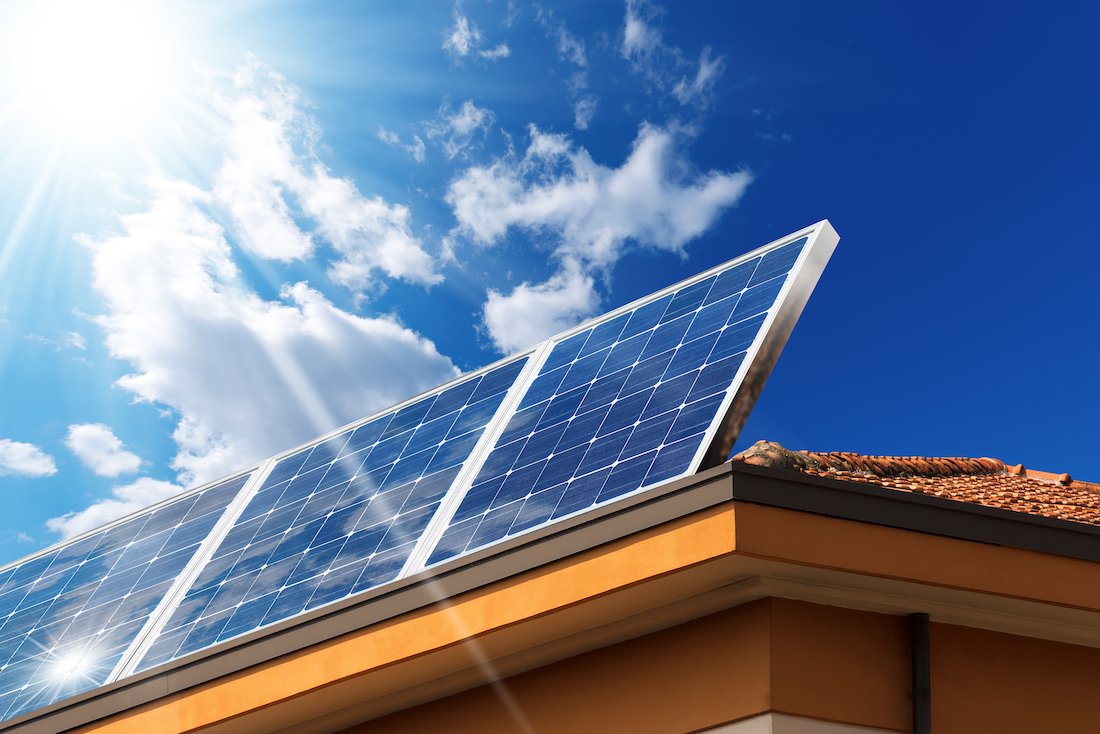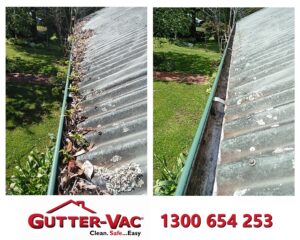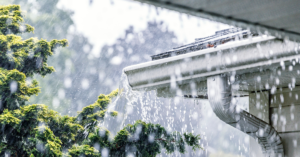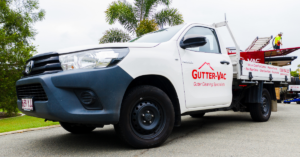Ah you have to love a good spring clean.
We all know a bit of spring-cleaning is good for the soul. And it is also good for your Solar!
Spring time brings about the excitement of a fresh start, and welcomes the opportunity to carry out your home maintenance tasks so your home is all set for outdoor entertaining.
It is no secret that dirt and dust-buildup can reduce the efficiency of your solar panels. Dirty panels reflect light away, which is the opposite of what is ideal!
Okay, but what about the rain giving them a good dusting/washing off you may ask?
Well if we are lucky enough to get some decent rain in Queensland, unfortunately it isn’t really a sufficient cleaner.
Some people say the rain does a good enough job, but this is not the case. It’s like washing a car. The rain can wash off some excess dust to a certain extent, but doesn’t do a great job at the end of the day.
This is especially the case if you have birdlife depositing droppings that are hard to remove. Or if you live in an area in Brisbane prone to heavy dust such as near the airport or somewhere that gets a sea breeze.
While it is blissful to enjoy a good sea breeze, sea salt residue can have an impact on your solar panel’s performance. Pollen and debris buildup can also have a detrimental effect.
It can be difficult to see this from the ground so it is best to get a heights safety professional to have a look and perform a thorough clean.
Also if the panels lie flat on the roof, excess rainwater can pool on top of them. When the water evaporates there is usually a layer of dirt and grime left behind. This can reduce the amount of sunlight being absorbed by the panel.
If you can see your solar panels from ground level, you may be able to see if they need a clean. Another way to check is by monitoring your inverter. You may see a decrease in energy output if your panels need a clean.
If it suits your circumstances and roof design, it is possible to clean your panels from the ground. You will need a suitable hose nozzle, and an extendable soft brush and squeegee is good to use. Sometimes harder to remove matter such as bird droppings proves to be quite a mission to DIY from the ground however.
It is important to remember that extreme care should be taken if surfaces are slippery or wet working at a height. Do not attempt to clean them from a height yourself! It is not worth the risk and is definitely a job for the professionals.
So how does Gutter-Vac clean your solar panels?
We avoid using harsh chemicals on your panels as this can be very damaging. Even pure soap may leave a film behind, disrupting the solar panels’ level of efficiency.
Using anything too abrasive brush wise can scratch the solar panels which can cast shadows, and you won’t get the most out of your system.
Hard water can leave mineral deposits behind. Using distilled or demineralised water will prevent streaking and get the job done to the best standard. Gutter-Vac uses a soft vacuum brush and demineralised water.
Generally speaking, it is a good idea to have your solar panels cleaned every 6 months for optimised efficiency. This can depend on a number of factors such as where you live, and the angle of your solar panels. Feel free to give us a call if your have any further questions regarding this.










